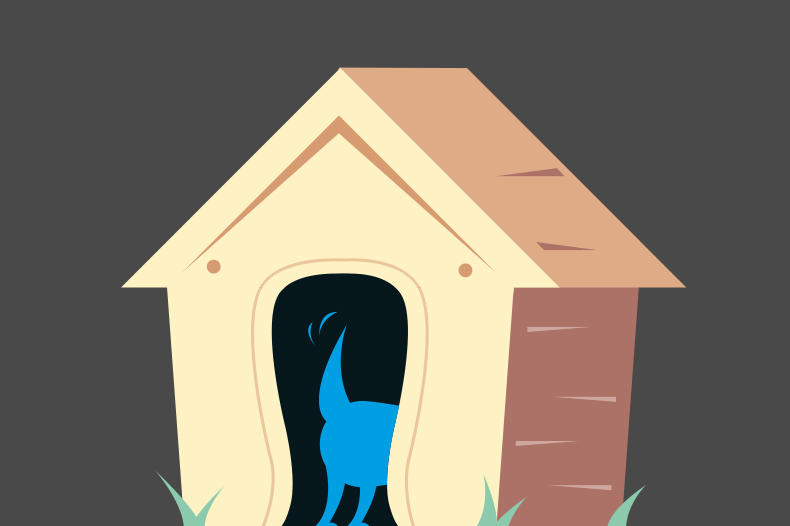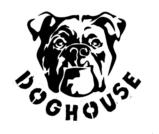Brewdog is blown out
A key argument was considered irrelevant, Oliver Tidman notes. BL O/769/19, BREWDOG DOGHOUSE (Partial Rejection), UK IPO, 9th December 2019

This appeal resulting from the decision of the Hearing Officer (HO) on registration of UK trade mark BREWDOG DOGHOUSE was launched by Brewdog plc (the Applicant). The HO had partially refused registration of the mark following opposition by Doghouse Distillery Ltd (the Opponent), based on s5(1)(b) of the Trade Marks Act 1994 (the Act).
Initial opposition

In October 2017, the Applicant applied to register BREWDOG DOGHOUSE as a trade mark for services in classes 40 and 43, including services for providing food and drink. The Opponent filed a notice of opposition in February 2018 based on its earlier UK trade mark for DOGHOUSE against all services in classes 40 and 43.
As a result of the visual, aural and conceptual similarity of the marks and because the majority of the services in classes 40 and 43 were considered either identical or similar, a likelihood of indirect confusion existed and the opposition partially succeeded.
Grounds of appeal
In its grounds of appeal, the Applicant alleged that:
1. The HO had erred in finding that “hotel accommodation services” and “temporary accommodation services” were similar to a medium degree to the Opponent’s class 43 services, but the Applicant did not otherwise challenge the HO’s assessment of similarity of goods or services; and
2. The HO had failed to properly compare the marks and had not taken into account the alleged enhanced distinctiveness and reputation of the BREWDOG element, as well as the dominant dog-head device element in the Opponent’s mark.
Decision
Ultimately, the Appointed Person (AP) held that artificially dissecting the marks in order to arrive at the decision that the marks were visually and aurally similar to a medium degree, and conceptually similar to a medium-to-high degree, was the correct approach.
The AP rejected the Applicant’s second ground of appeal because, for one thing, the enhanced distinctiveness or reputation of the mark (or the BREWDOG element of it) is irrelevant to an opposition based on s5(2)(b).
While the AP acknowledged, applying Meric1, that consumers normally pay more attention to the beginning of marks, that cannot apply in every case.2 Despite the dog-head device being larger than the word DOGHOUSE, the AP agreed that the natural eye would be drawn to the word and therefore both elements played an equal role in the overall impression of the Opponent’s mark.
Finally, the AP rejected the Applicant’s first ground of appeal because pub services could include the provision of accommodation and, conversely, hotel accommodation services could include the provision of restaurant and bar facilities.
Key points
- The enhanced distinctiveness or reputation of a mark or one of its elements is irrelevant to opposition under s5(2)(b)
- Where the earlier mark is entirely included in the contested mark, that is an indication of similarity, and the dominant element may not always appear at the beginning


